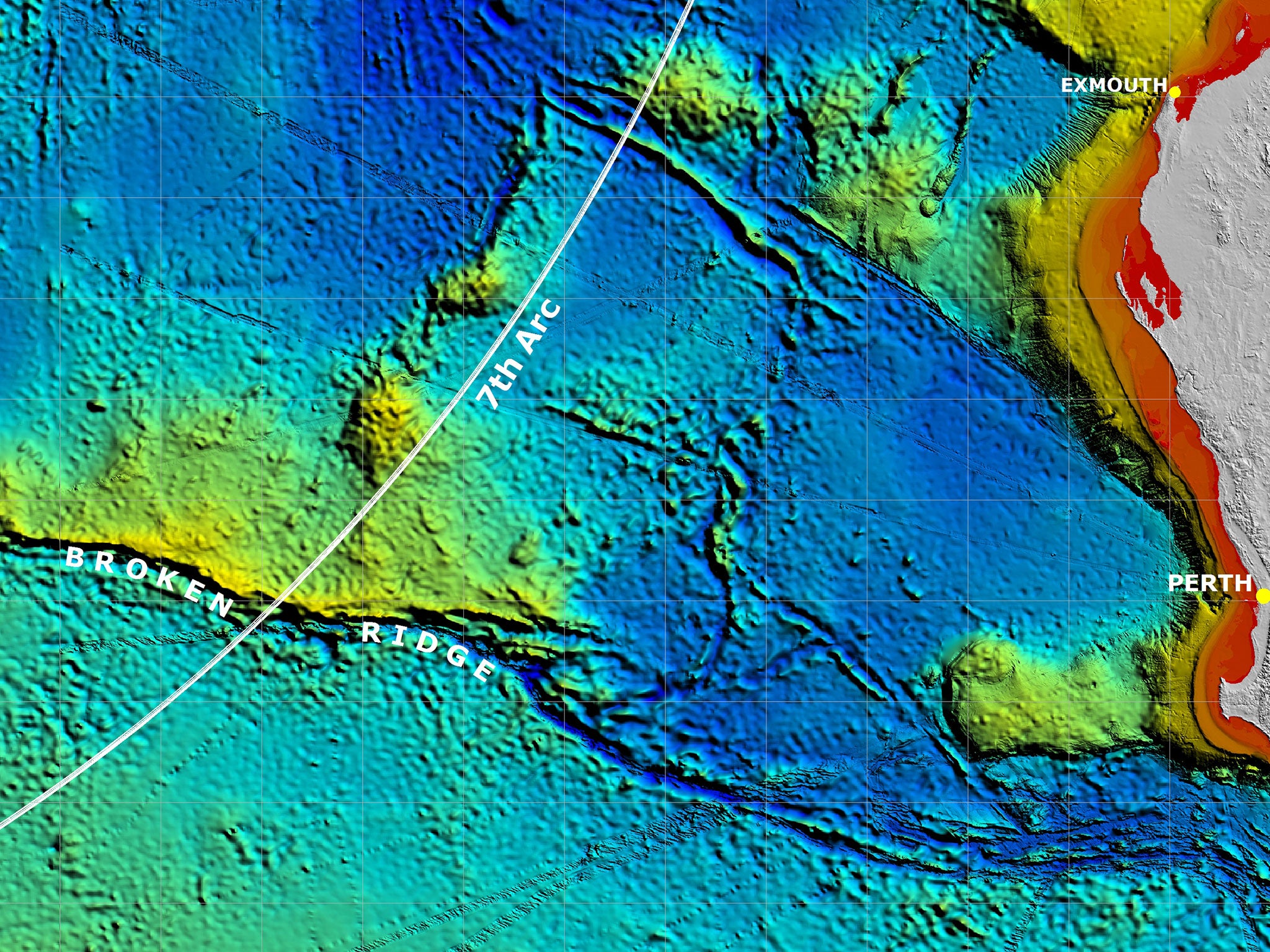MH370: Battery for locator tracker on board Malaysian Airlines plane expired a year before plane went missing
Detailed report reveals detail on one-year anniversary as passenger's relatives still await answers

Your support helps us to tell the story
From reproductive rights to climate change to Big Tech, The Independent is on the ground when the story is developing. Whether it's investigating the financials of Elon Musk's pro-Trump PAC or producing our latest documentary, 'The A Word', which shines a light on the American women fighting for reproductive rights, we know how important it is to parse out the facts from the messaging.
At such a critical moment in US history, we need reporters on the ground. Your donation allows us to keep sending journalists to speak to both sides of the story.
The Independent is trusted by Americans across the entire political spectrum. And unlike many other quality news outlets, we choose not to lock Americans out of our reporting and analysis with paywalls. We believe quality journalism should be available to everyone, paid for by those who can afford it.
Your support makes all the difference.A comprehensive report into the missing Malaysia Airlines flight MH370 has revealed that the battery for the underwater locator beacon expired more than a year before the plane vanished.
The news comes on the first anniversary of the plane’s disappearance – between Kuala Lumpur and Beijing - as the passengers' families remain in limbo, still waiting for answers from the Malaysian authorities.
But Malaysian Transport Minister Liow Tiong Lai said this week that he is confident the aircraft would be found in the huge search zone in the remote southern Indian Ocean and vowed to “go back to the drawing board” if nothing has been investigated by May.
Investigators have been searching for the plane in a 60,000sq km (23,000sq miles) search zone for the last year, but a report into the mystery reveals today that the battery for the Flight Data Recorder expired in December 2012.
The report said: "There is some extra margin in the design to account for battery life variability and to ensure that the unit will meet the minimum requirement.
"However, once beyond the expiry date, the (battery's) effectiveness decreases so it may operate, for a reduced time period, until it finally discharges," the report said.
MH370 vanished in the early hours of 8 March 2014, with 239 people on board, after taking off from Kuala Lumpur on a flight to Beijing. Satellite data suggests it flew radically off course, ran out of fuel and ditched into the ocean more than 1,000 miles south-west of Perth.

The expired battery on the Flight Data Recorder wasn’t immediately apparent, except indicating that searchers would have had less of a chance of finding the aircraft if they were in its immediate vicinity. However, the report says that the battery on the locator of the cockpit voice recorder was working.
Apart from that one detail, the 584-page report goes into great depth on how every other element of the flight was completely normal.
"The sole objective of the investigation is the prevention of future accidents or incidents, and not for the purpose to apportion blame or liability," the report said.
The independent investigation group went into minute details of the crew's lives — their medical and financial records, their training before detailing, the aircraft's service record — as well as maintenance schedule, weather, communications systems and other aspects that showed nothing unusual except for the one previously undisclosed fact of the battery's expiry date.

Despairing relatives – some of whom were planning to attend an anniversary event in Kuala Lumpur today – are wondering if they will ever learn the fate of their loved ones.
“There is no proof, no debris, not a single piece of evidence to tell us that they are really in the Indian Ocean,” said Jacquita Gomes, whose husband, Patrick, was a flight attendant on MH370. “If this is really the end, show us something. Even if it’s just one finger, then we can say goodbye properly.”

In Australia – which is leading the search, in collaboration with Malaysia and China – the head of the Australian Transport Safety Bureau, Peter Foley, said he was sure the plane would be found. “I know at some point I’ll get a call in the middle of the night. It will come,” he told the Sydney Morning Herald.
Ministers from the three countries are planning to meet next month to decide whether to look beyond the current search zone. To date, about 43 per cent of the mountainous seafloor in that zone has been gone over by four vessels towing sophisticated sonar equipment. Mr Foley said: “We are confident we’re in the right place. We’ve exhausted every other avenue several times. The families of those on board are just cut to the quick. They need the answers. Indeed, the world needs answers on this.”
Join our commenting forum
Join thought-provoking conversations, follow other Independent readers and see their replies
Comments